Our Team
SCIENTIFIC ADVISORY COMMITTEE

Maria Ivanova
Center for Governance and Sustainability, John W. McCormack Graduate School of Policy and Global Studies, University of Massachusetts Boston, USA
Full profile
Maria Ivanova is Associate Professor of Global Governance and Director of the Center for Governance and Sustainability at the University of Massachusetts Boston. She is also a visiting scholar at the Center for Collective Intelligence at MIT. Her work focuses on the performance of international institutions, implementation of international environmental agreements, and sustainability. She has studied the United Nations Environment Programme and the international efforts on climate change. Her current work examines national performance on global environmental conventions. From 2014 to 2018, Ivanova served on the Scientific Advisory Board of the UN Secretary-General. She was a coordinating lead author for the policy chapter of the fifth Global Environmental Outlook (GEO-5). Ivanova is the Chair of the Board of UN University’s Institute for Advanced Study of Sustainability and an Andrew Carnegie Fellow. In 2018, she chaired the jury for the $5 million New Shape Prize for global governance by the Global Challenges Foundation.

Matthias Garschagen
Department of Geography, Human-Environment Relations, Ludwig-Maximilians-Universität München, Germany
Full profile
Prof. Matthias Garschagen is Chair in Human Geography and heads the Teaching and Research Unit for Human Environment Relations at the Ludwig-Maximilians-University (LMU) in Munich. He is also an Honorary Professor at RMIT University, Melbourne, in the School of Global, Urban and Social Studies. Amongst other functions, Matthias Garschagen currently serves as a Lead Author in the IPCC’s Special Report on the Ocean and Cryosphere in a Changing Climate (SROCC) and the Sixth Assessment Report (AR6). His research focuses on risk, vulnerability, adaptation and transformation in the context of environmental hazards and climate change. He is particularly interested in future urban risk trends and the evaluation of different adaptation options. His research findings have been published in international journals, including Nature, and a number of book projects. Before joining LMU, Matthias Garschagen served for the United Nations University where he led a team of around 20 scientists working on the assessment of disaster and climate risk.
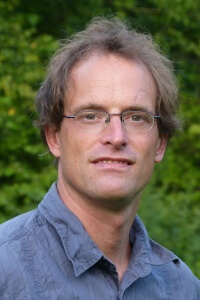
Markus Reichstein
Dept. of Biogeochemical Integration, MPI for Biogeochemistry
Full profile
Markus Reichstein is Director of the Biogeochemical Integration Department at the Max-Planck-Institute for Biogeochemistry. His main research interests revolve around the response and feedback of ecosystems (vegetation and soils) to climatic variability with a Earth system perspective, considering coupled carbon, water and nutrient cycles. Of specific interest is the interplay of climate extremes with ecosystem and societal resilience. These topics are addressed via a model-data integration approach, combining data-driven machine learning with systems modelling of experimental, ground- and satellite-based observations. Since 2013 Markus Reichstein is Professor for Global Geoecology at the FSU Jena, and founding Director at the Michael-Stifel-Center Jena for Data-driven and Simulation Science. He has been serving as lead author of the IPCC special report on Climate Extremes (SREX), as member of the German Committee Future Earth on Sustainability Research, and the Thuringian Panel on Climate. Recent awards include the Piers J. Sellers Mid-Career Award by the American Geophysical Union (2018), an ERC Synergy Grant (2019) and the Gottfried Wilhelm Leibniz Preis (2020).
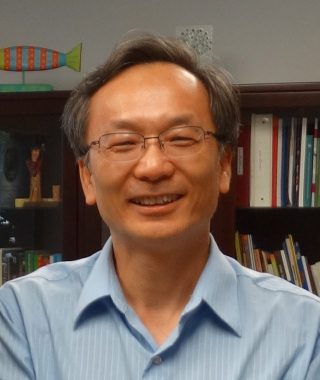
Dr. Qian Ye
Executive Director, Integrated Risk Governance Project
Full profile
Beijing Normal University, State Key Laboratory of Earth Surface Processes and Resource Ecology, China, Beijing Dr. Qian Ye is an internationally known climate expert with particular interest in the social impact of global climate change. He obtained his Ph.D. from the Oregon State University in 1993, and since then had worked in both US and Chinese research and education institutes including the National Center for Atmospheric Research, University of Colorado, Chinese Meteorological Administration, Chinese Academy of Sciences, and Beijing Normal University. In particular, he has worked closely with the renowned scientist Dr. Mickey Glantz to understand the human component of the earth's climate system. Dr. Ye was the leading PI of a core project sponsored by the Ministry of Sciences and Technology in China on the Integrated Risk Analysis in the context of Global Environmental Change". He was also the lead PI for a research project on the Beijing 2008 Olympics weather service which helped to secure the success of this highly claimed Olympic event--the first in the 5000 year Chinese history. Dr. Ye helped the creation of the Climate Affairs research centers in Lanzhou, Urmuqi, the Marginal Land Affairs Program in Harbin, the Coastal Urban Affairs Program at East China Normal University, Shanghai, China. Dr. Ye has served in many international committees including the International Human Dimensions Programme (IHDP) international committee
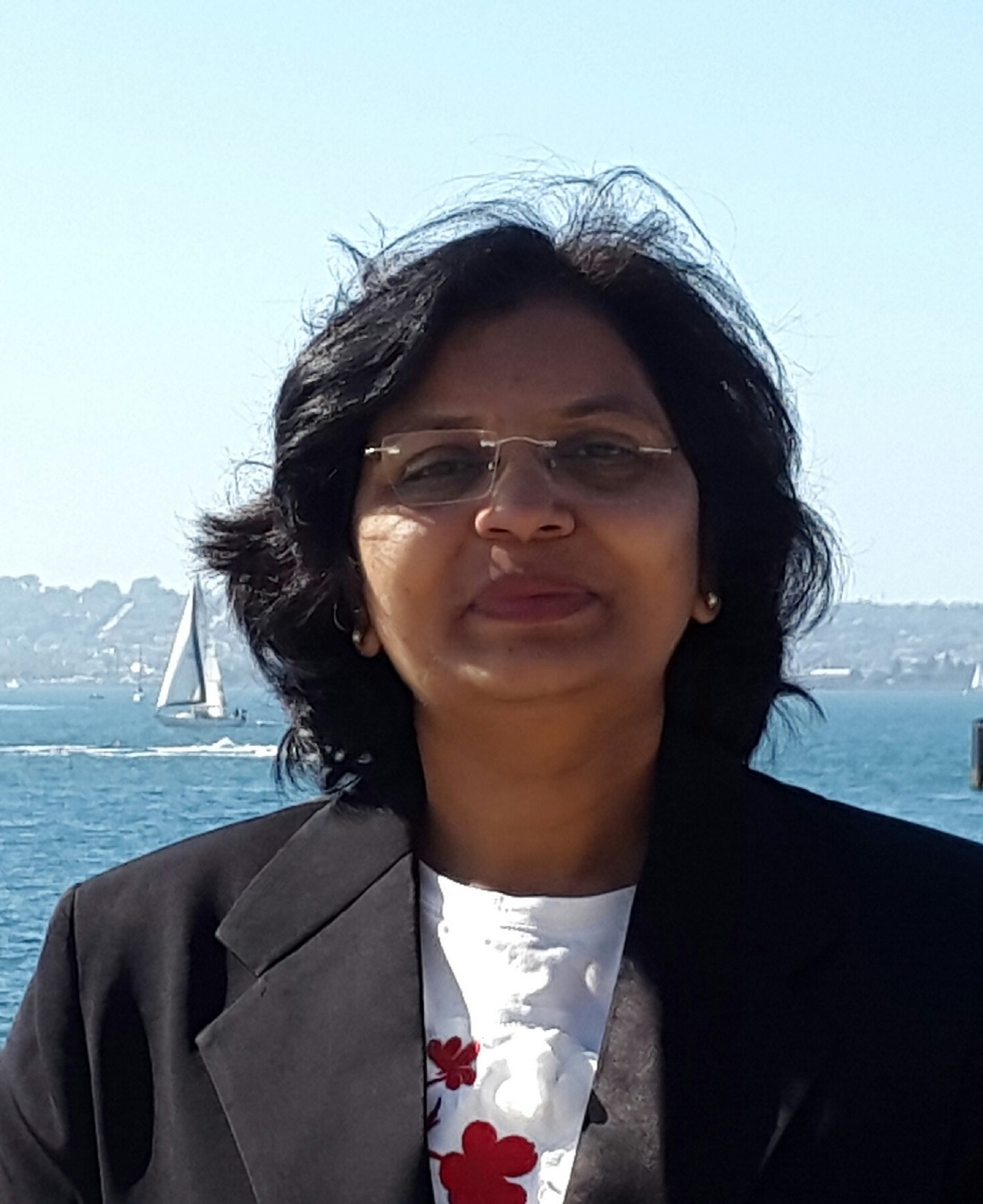

Kalpana Chaudhari
Assistant Professor, Shah and Anchor Kutchhi Engineering College, Mumbai, India
Full profile
Dr.(Mrs) Kalpana Chaudhari is an engineer by training. She has pursued the Ph.D. in Engineering and Technology from RTM Nagpur University, India and Post Graduate Diploma in Urban and Housing Studies from Institute for Urban and Housing Studies, Erasmus University, Rotterdam, The Netherlands. Her research work includes interdisciplinary subjects on digital governance, information and communication technologies and its application for socio-economic and sustainable development and how they are empowering both, decision makers and the communities to play a proactive role in managing Ocean and Marine systems, global climate change, Disaster risk and resilience, disaster mitigation. She is Vice President of Institute for Sustainable Development and Research, ISDR, India, an organization having consultative status with United Nations Economic and Social Council, UN-ECOSOC, UN-Habitat, UN-Environment, UNFCCC, UN-CBD, UNCTAD, UN-IPBES. She is working as Assistant Professor at Shah and Anchor Kutchhi Engineering College affiliated to University of Mumbai. She has 25 years experience in academic, research and training in ICT and its applications for sustainable development. She has organized and participated in several programs on million development goals (MDGs) and sustainable development goals (SDGs). Dr. Kalpana is Member of International Development Peer Review College, The Research Council, UK (RCUK), Global Challenge Research Fund, UK. She is member of AGU Global Engagement Committee. She is Lead Author and Reviewer for the EC-DRMKC flagship report on "Science for Disaster Risk Management 2020–Acting today, Protecting tomorrow" of Disaster Risk Management knowledge Center, DG Joint Research Centre, European Commission (EC). She is member of UN-Environment-Scientific Advisory Committee on the Assessment on Marine Litter and Micro plastics, Nairobi, Kenya. She is Focal Point for Major Groups for UNFCCC. She is Development Team member of the Ocean Knowledge-Action-Network (Ocean KAN) and Knowledge-Action-Network on Extreme Events and Emergent Risks (Risk KAN) of the Future Earth.
FUTURE EARTH SECRETARIAT
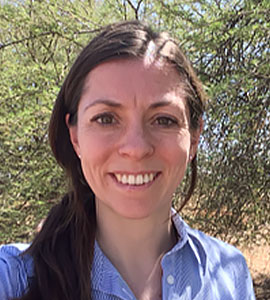
Sylvia Wood
Partner, Future Earth
Full profile
Dr. Sylvia Wood is a lead scientist for research and development at Eco2Urb, helping cities and municipalities to manage their urban green spaces for resilience and the provision of ecosystem services through complexity and connectivity planning approaches. She holds a PhD in Geography (McGill University), an MSc in Forest Ecology (University of British Columbia) and a BSc in Biology (Queen’s University). Her work focuses on the modelling of ecosystem services provision of nature-based solutions in urban, peri-urban and multifunctional landscapes and on linking biodiversity and ecosystem services with targets in the UN Sustainable Development Goals (SDGs). Previously, Sylvia worked as a lead scientist on Future Earth's Science-based Pathways for Sustainability initiative in Canada and on the Collective Intelligence and Foresight activities, part of the Sustainability in the Digital Age initiative. She now sits on the advisory teams for these projects to provide strategic input and support, particularly on topics related to biodiversity change and the SDGs.
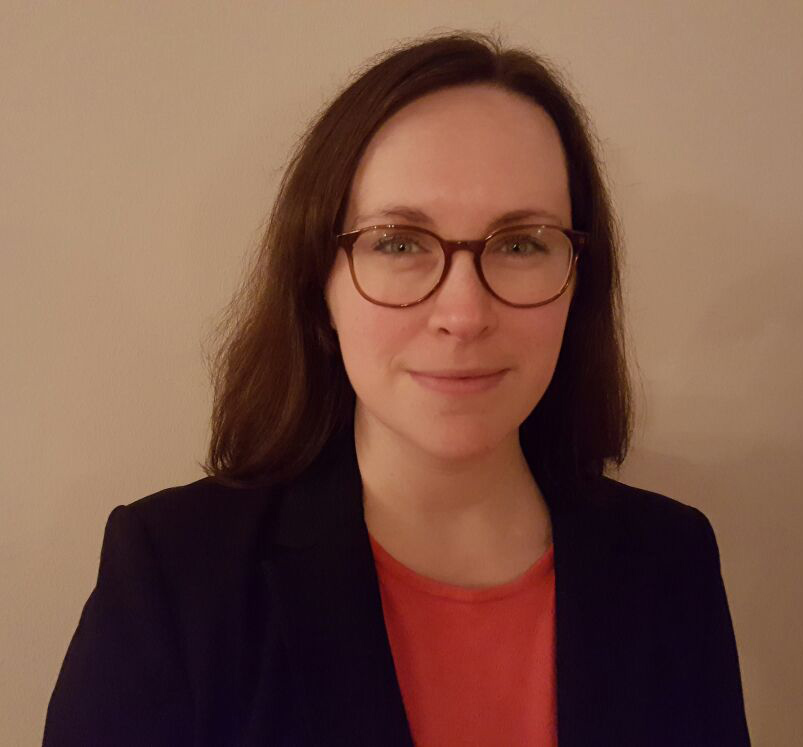
Jennifer Garard
Deputy Director, Sustainability in the Digital Age, Canada Hub
Full profile
Jennifer Garard is the Research Manager for the Sustainability in the Digital Age initiative, where she coordinates, advances, and oversees all research-related activities, and a Science Officer at Future Earth. Previously, Jennifer was a researcher with the working group Scientific Assessments, Ethics, and Public Policy at the Mercator Research Institute on Global Commons and Climate Change in Berlin, Germany, and an intern with the Secretariat of the Convention on Biological Diversity Health and Biodiversity Cross-Cutting Initiative. She holds a BSc in Environmental Science from McGill University (2008), a Master of Environmental Assessment from Concordia University (2013), and a PhD from the Technische Universität Berlin (“Stakeholder Engagement at the Science-Policy Interface,” 2018).
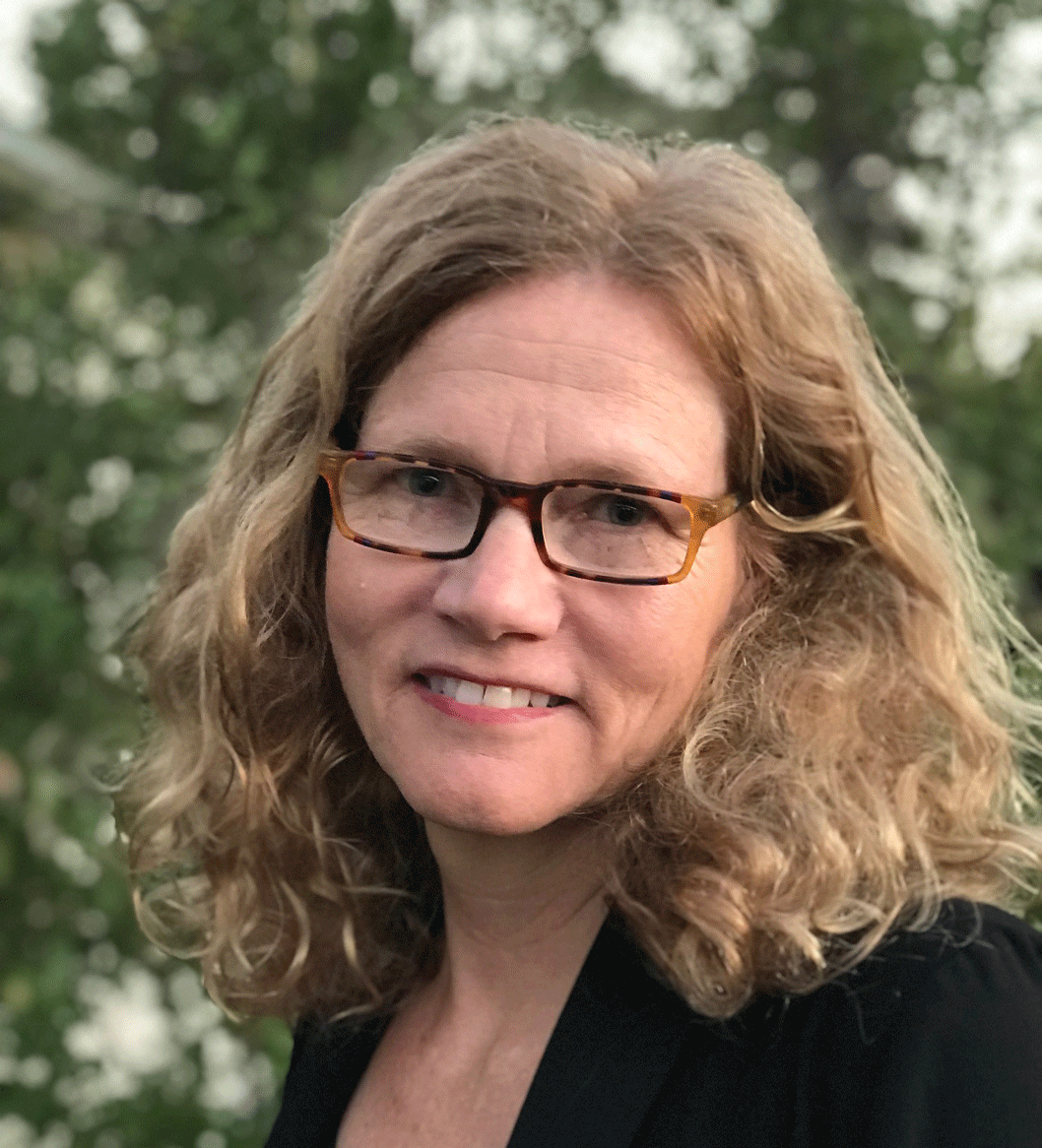

Amy Luers
Senior Advisor, Sustainability in the Digital Age
Full profile
Amy Luers is the Senior Advisor of the Sustainability in the Digital Age Initiative and senior advisor to Future Earth. Luers also sits on the Foresight Committee of the Veolia Institute. She has over 25 years of experience working at the intersection of science, technology and policy. A former assistant director on climate resilience and information in the Obama White House and senior environment manager at Google, she is a member of the U.S. Council on Foreign Relations and has served on committees of the U.S. Global Change Research Program and the National Academies of Sciences. Dr. Luers started her career working in rural water development in Latin America as co-founder and the first executive director of Agua Para La Vida (Water for Life). She spent a number of years directing the water and climate security work at the Skoll Global Threats Fund. She sits on several advisory boards including the Carnegie Climate Governance Initiative, STS Forum Regional Climate Action, the IEEE Committee on Ethically Designed AI for a Sustainable Planet, the International Observatory on the Societal Impacts of AI and Digital Technologies, and the US National Council for Science and the Environment. Amy Luers holds a Ph.D. in environmental science and an M.A. in international policy studies, from Stanford University; a B.S. and M.S. in environmental systems engineering from Humboldt State University; and a B.A. in philosophy from Middlebury College. She has published in both peer-reviewed and popular media on big data and the digital age, science communication, climate policy and vulnerability and resilience of human-environmental systems.